LaLiga Seeks Criminal Charges Against Google Over Piracy
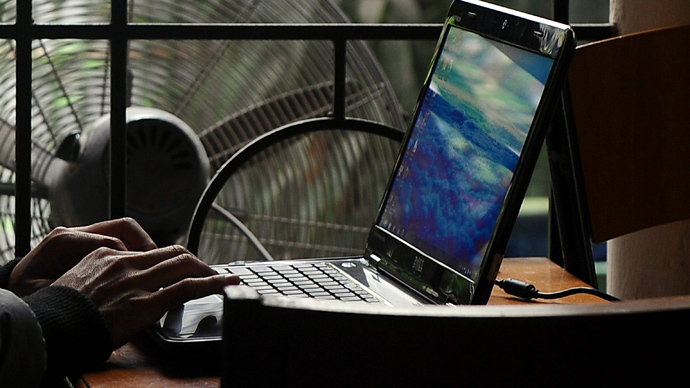
Table of Contents
LaLiga's Argument: The Extent of Copyright Infringement on Google's Platforms
LaLiga's lawsuit centers on Google's alleged facilitation of widespread copyright infringement through its search engine and other platforms. They argue that Google's inaction allows readily accessible illegal streaming links to proliferate, directly impacting LaLiga's revenue streams and damaging its brand.
Illegal Streaming Links and Google's Alleged Failure to Act
LaLiga claims that a simple search for terms like "watch LaLiga online free" or "[Team Name] vs [Team Name] live stream" yields numerous links to websites offering illegal streams of their matches. They present evidence suggesting Google has ignored user complaints flagging these illegal links and hasn't taken sufficient steps to remove infringing content from its search results and other services.
- Examples of readily available illegal streaming links: LaLiga provides screenshots and URLs demonstrating the ease with which users can find illegal streams.
- Evidence of user complaints ignored: LaLiga cites instances where users reported infringing links, yet Google failed to respond or remove them.
- Insufficient efforts to remove infringing content: LaLiga argues that Google's current takedown policies are inadequate and fail to address the scale of the problem.
The legal basis for LaLiga's claim rests on various national and international copyright laws and precedents that hold platforms responsible for facilitating piracy, especially when they have knowledge of the infringement and fail to act.
Financial Losses and Damage to LaLiga's Brand
The illegal streaming of LaLiga matches represents a significant financial blow to the league and its clubs. Piracy directly impacts revenue from broadcasting rights, sponsorship deals, and merchandise sales.
- Statistical data illustrating the scale of piracy impacting LaLiga: LaLiga likely presents data estimating the number of illegal streams and the associated revenue loss.
- Impact on club finances: The lost revenue directly impacts the financial stability of individual clubs, potentially affecting player salaries, investments in infrastructure, and overall competitiveness.
- Brand damage from association with illegal streaming: The association with illegal websites undermines LaLiga's brand image and reduces the perceived value of its intellectual property.
Google's Response and Potential Defenses
Google is likely to contest LaLiga's claims, leveraging several potential legal defenses. The outcome will depend on how effectively LaLiga can demonstrate Google’s knowledge of and contribution to the infringement.
Safe Harbor Provisions and the DMCA
Google will likely rely heavily on the Digital Millennium Copyright Act (DMCA) and its safe harbor provisions. These provisions protect online service providers from liability for user-generated content, provided they adhere to certain requirements, such as promptly removing infringing material upon notification.
- Explanation of the DMCA's limitations: The DMCA's safe harbor provisions are not absolute and require proactive measures from service providers.
- Google's claims of acting in good faith: Google will likely argue that it has implemented reasonable measures to comply with the DMCA, including takedown policies and automated systems for identifying and removing infringing content.
- The challenges of identifying and removing all infringing content: Google will emphasize the sheer scale of the internet and the challenges of identifying and removing all infringing content in real-time.
Technological Limitations and the Scale of the Problem
The vast scale of the internet and the constant evolution of piracy techniques present significant challenges for combating illegal streaming.
- The challenges of automated content detection: Automated systems struggle to keep pace with the ever-changing methods used by pirates to obfuscate their activities.
- The “cat and mouse” game between copyright holders and pirates: Pirates constantly develop new techniques to circumvent copyright protections, forcing a continuous arms race.
- The use of VPNs and other obfuscation techniques: The use of VPNs and other technologies makes it difficult to track and identify the origin of illegal streams, further hindering efforts to combat piracy.
Implications and the Future of Online Copyright Protection
The LaLiga vs. Google case has significant implications for the future of online copyright protection, setting a potential precedent that could shape future legal battles.
The Precedent-Setting Nature of the Case
This case could significantly influence how courts interpret the responsibilities of tech platforms in combating online piracy.
- Potential changes to online copyright law: The outcome of this case could lead to legislative changes aimed at clarifying the responsibilities of online service providers in protecting copyrighted content.
- The increased pressure on tech platforms to proactively combat piracy: This case increases pressure on tech companies to implement more robust measures to prevent piracy on their platforms.
- The impact on the relationship between content creators and tech giants: The outcome will impact the dynamics between content creators and tech platforms, potentially influencing licensing agreements and content distribution models.
The Role of Technology in Combating Piracy
Combating online piracy requires a multifaceted approach, including technological solutions.
- Examples of anti-piracy technologies: These include content identification technologies, watermarking, and improved content protection systems that make it more difficult to illegally copy and distribute copyrighted material.
- Discussion of their effectiveness and limitations: While these technologies are constantly improving, they are not foolproof, and pirates will continue to find ways to circumvent them.
- The need for collaboration between rights holders and technology providers: Effective anti-piracy measures require close collaboration between content creators and technology companies.
Conclusion
LaLiga's decision to file criminal charges against Google marks a significant escalation in the fight against online piracy. The case highlights the ongoing tension between major sports leagues and tech giants over the responsibility for policing copyrighted content on online platforms. While Google will likely raise defenses based on the DMCA's safe harbor provisions and the technological limitations of combating piracy, the potential for a precedent-setting outcome impacting the future of online copyright protection is substantial. This case underscores the significant financial losses suffered by LaLiga and other copyright holders due to illegal streaming of LaLiga matches. The importance of supporting legitimate streaming sources is paramount. Stay informed about the developments in this landmark case, as it shapes the future of protecting intellectual property rights in the digital age. Support LaLiga and fight illegal streaming of LaLiga matches by using only authorized platforms for viewing.

Featured Posts
-
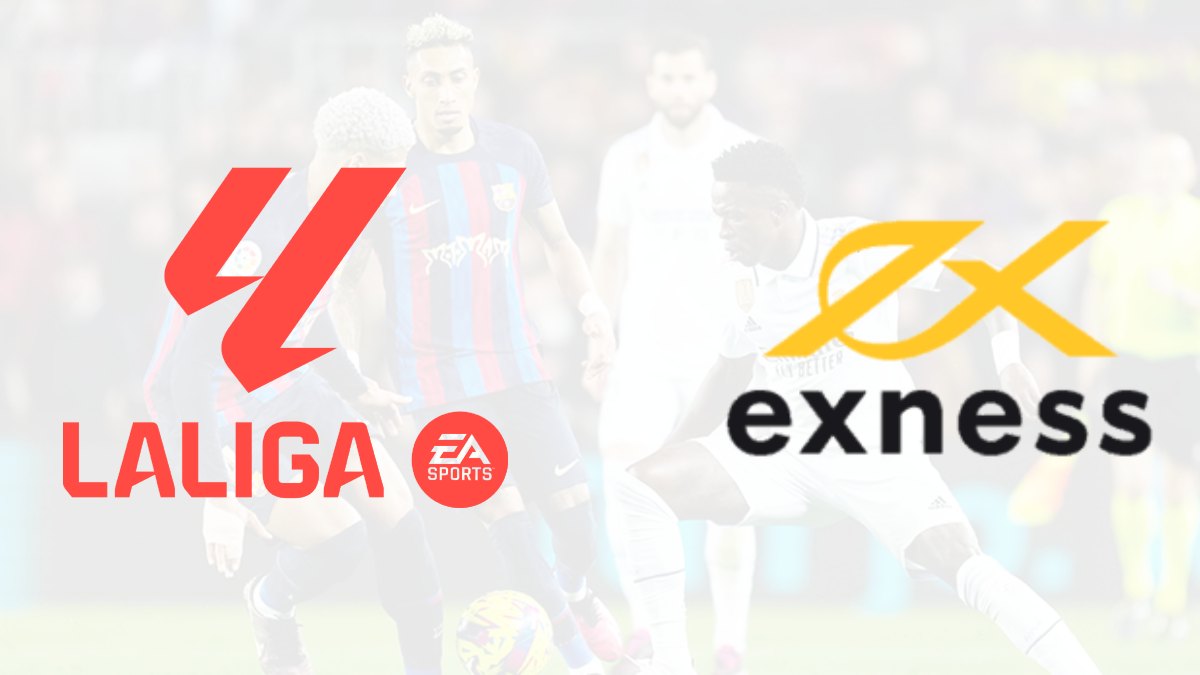 La Liga And Fan Code Forge Strategic Multi Year Partnership
May 15, 2025
La Liga And Fan Code Forge Strategic Multi Year Partnership
May 15, 2025 -
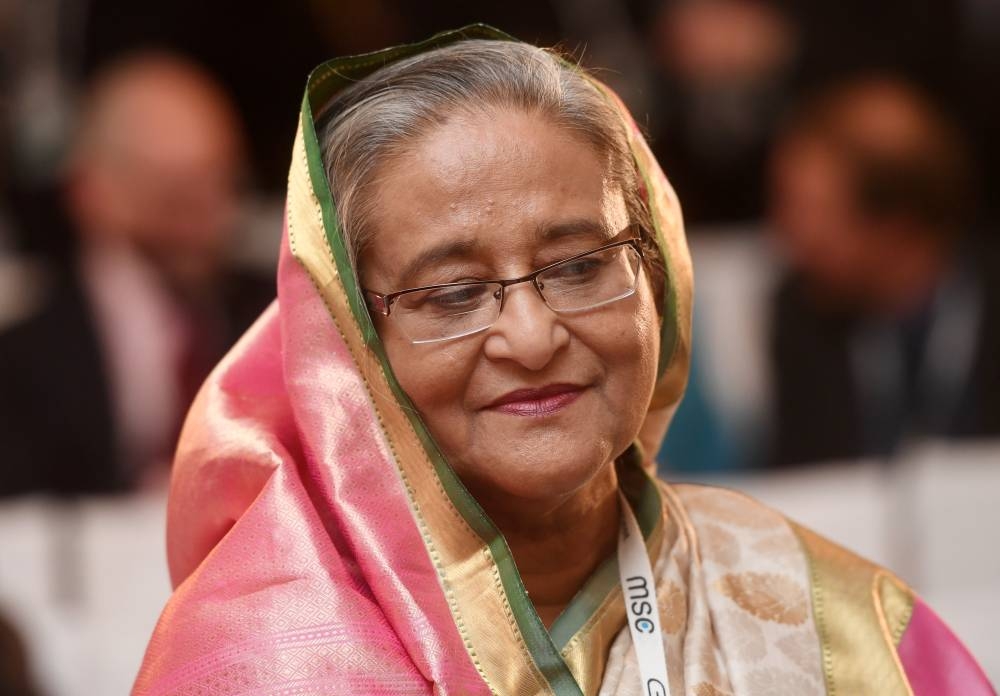 Hasinas Party Faces Election Exclusion In Bangladesh
May 15, 2025
Hasinas Party Faces Election Exclusion In Bangladesh
May 15, 2025 -
 Analysis Of Foot Locker Earnings Implications For Nikes Future
May 15, 2025
Analysis Of Foot Locker Earnings Implications For Nikes Future
May 15, 2025 -
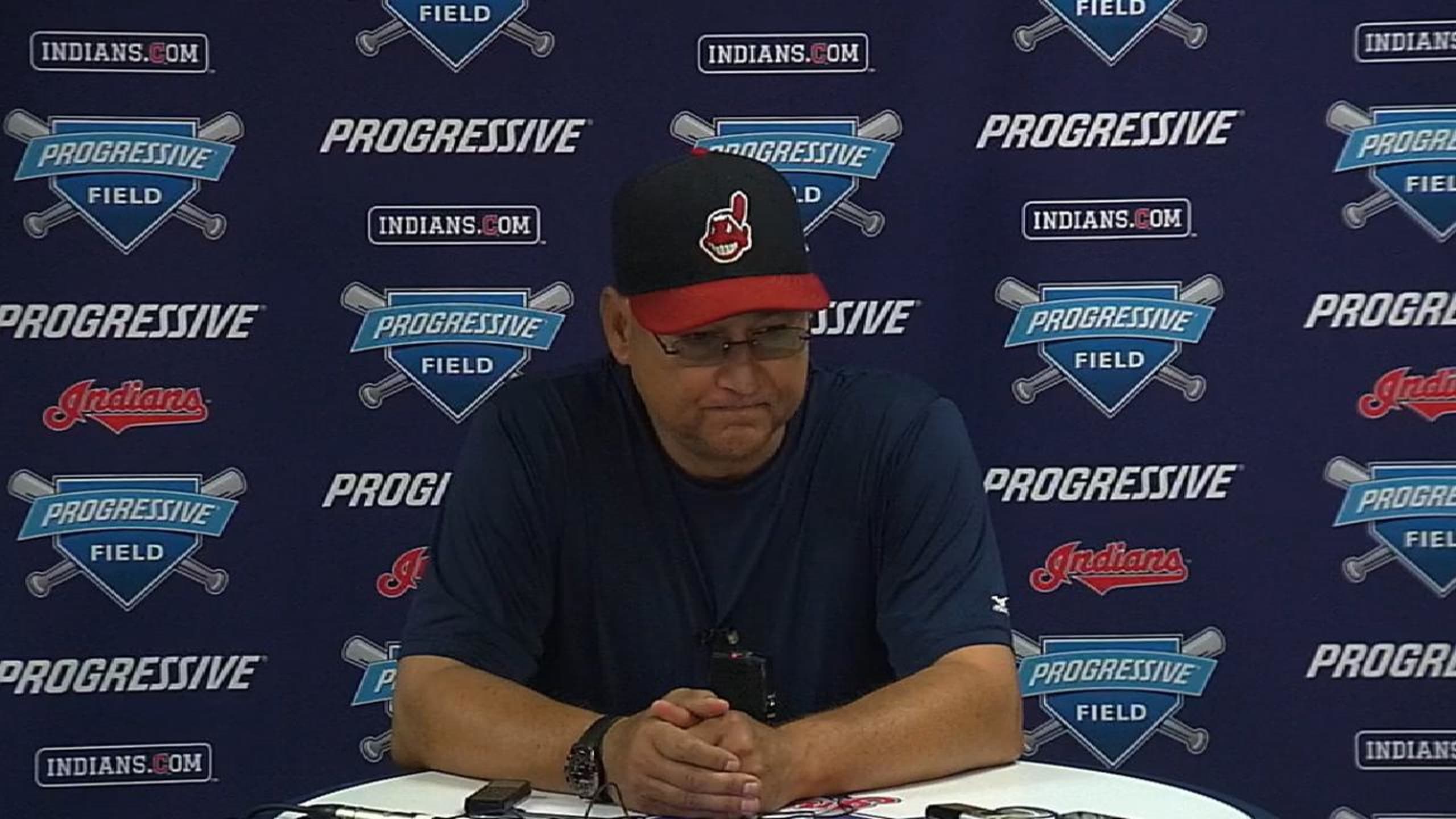 Padres Beat Athletics Reaching 10 Wins First In The Mlb
May 15, 2025
Padres Beat Athletics Reaching 10 Wins First In The Mlb
May 15, 2025 -
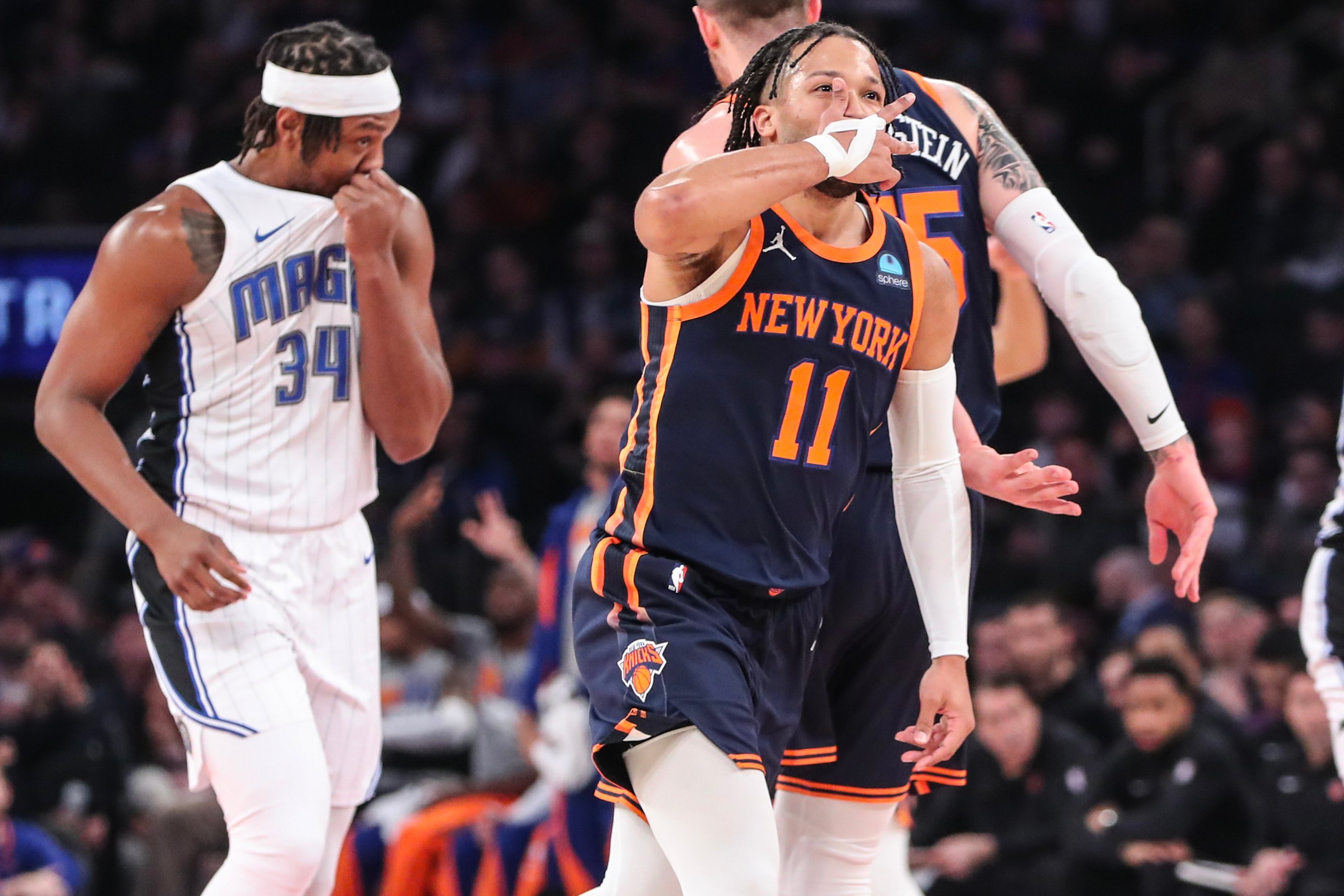 The New York Knicks Impressive Depth Without Jalen Brunson
May 15, 2025
The New York Knicks Impressive Depth Without Jalen Brunson
May 15, 2025
